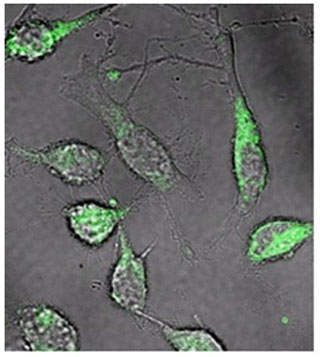
The team included Omid Farokhzad, MD, Department of Anesthesiology Perioperative and Pain Medicine and Research, BWH along with other members from the Massachusetts Institute of Technology and Massachusetts General Hospital as well. They were able to create a system that apparently delivers a significant amount of chemotherapeutic drugs to prostate cancer cells, which usually reject them.
“In this study, we developed a unique strategy that enables the nanoparticles to specifically target and efficiently be engulfed into any desired types and sub-types of cancer cells, even if their cancer markers are unknown. Our strategy simplifies the development process of targeted nanoparticles and broadens their applications in cancer therapy,” says Zeyu Xiao, PhD, a researcher in the BWH Laboratory of Nanomedicine and Biomaterials and lead author of this research.
Firstly, the team strategically selected essential ligands which are able to target the cancer cells in question. They were specifically designed and picked to be swallowed by the malignant cells. Apart from being able to combine with prostate cancer cells, these ligands were also capable of distinguishing cancerous cells from normal ones. These ligands were not only engulfed by the cells as intended, they were also able to interact with antigens on the cell surface.
The research can be found in the January 3 issue of the online journal, ACS Nano.
